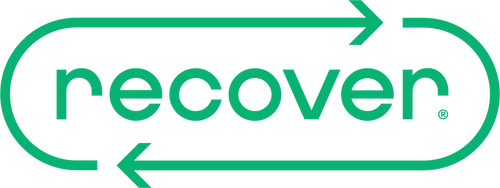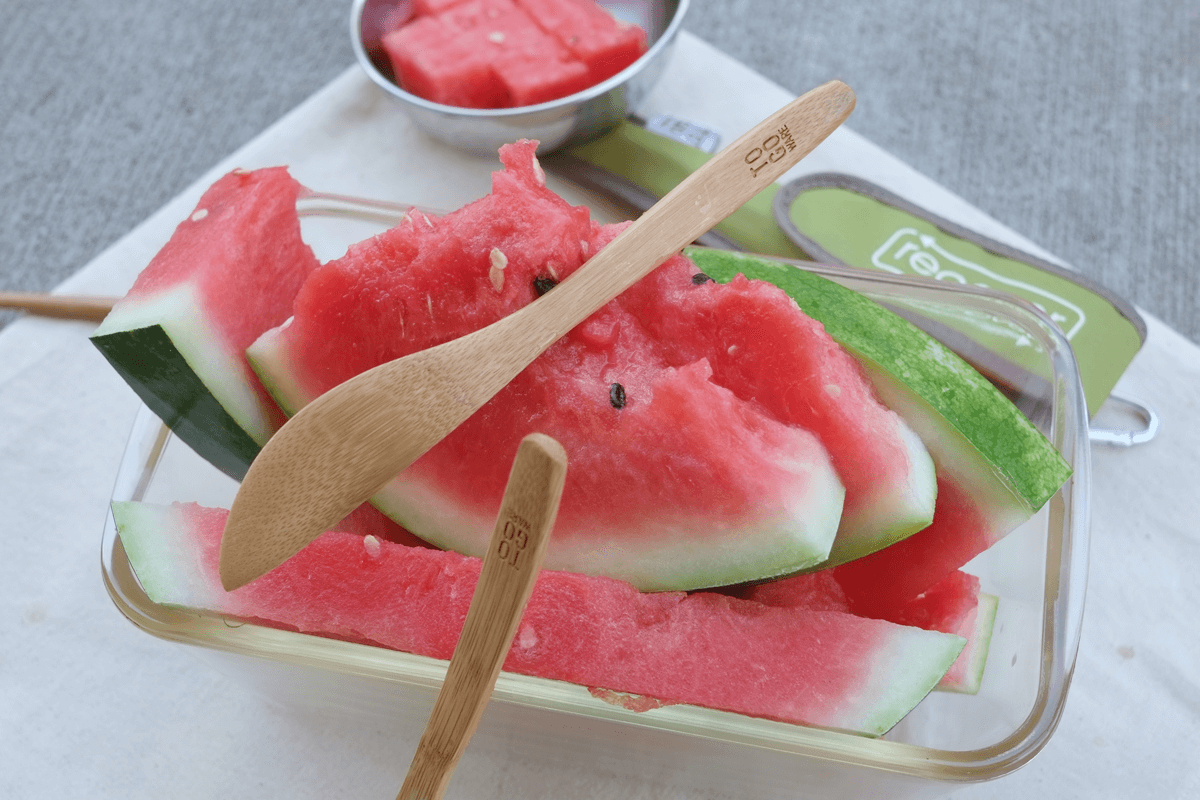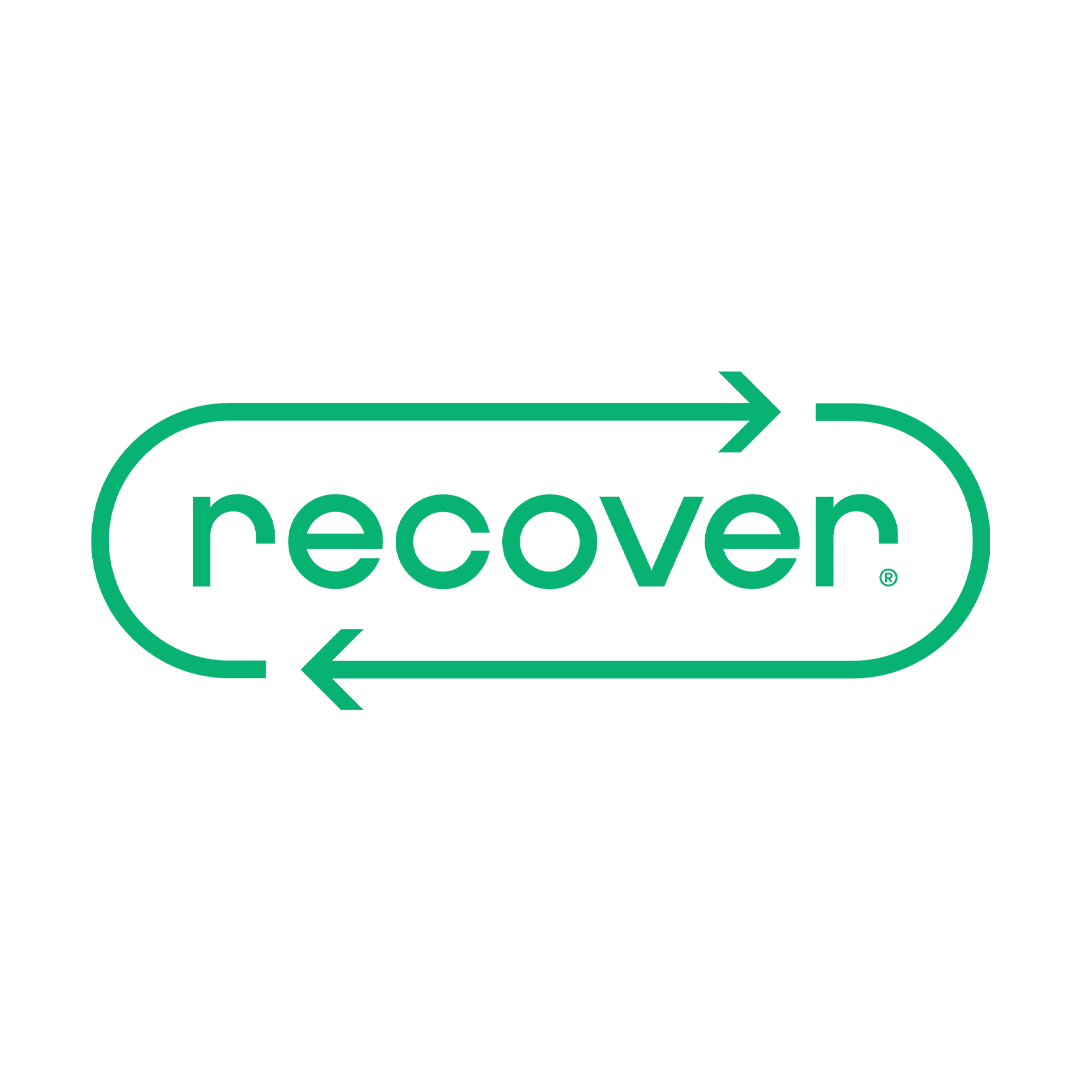“Think about it. Why would you make something that you’re going to use for a few minutes out of a material that’s basically going to last forever, and you’re just going to throw it away. What’s up with that?" -Jeb Berrier, BagIt movie
Although July is almost over and technically Plastic Free July is too, we wanted to take this time to focus on how Plastic Free July got started and why it's important to carry these habits with you throughout the year, not just in July. Beginning in 2017, Plastic Free July has since grown to a movement of over 250 million people worldwide in which individuals challenge themselves to eliminate consumption of single-use plastics for one month. If you’re just hearing about Plastic Free July now, it’s not too late to join the millions of people across 177 countries working together to eliminate single-use plastic from their lives and our waterways, sidewalks, and landfills.
Ultimately, Plastic Free July provides quick ideas and resources to get rid of single-use plastics in the day to day for you and your work, school, communities, businesses, and local governments. It’s fun to re-think the small things and all you have to do is commit to focusing in on eliminating single-use plastics for one month.
To Recover, Plastic Free July lines up with what we’re trying to do as a company every day: create positive impact in the face of the global epidemic of plastic pollution. Our mission is to create the best, most environmentally friendly and socially responsible products possible, and to educate and inspire those around us to live and work for a sustainable tomorrow. We make 100% recycled apparel and accessories out of upcycled cotton and recycled PET. Ultimately, our drive is to educate, innovate, and inspire drastic reduction in single-use plastics consumed.
For Plastic Free July 2020, we at Recover are highlighting four articles that are great reads and give you the background, tips, and tricks you need for Plastic Free July and beyond.
Check these out:
Go Old School: Learning more about plastic bags will bring back old habits takes a look back at how the proliferation of plastic bags came to be. The plastic bag as we know it was invented and patented by Mobil Chemical in 1977, and wasn’t widely used or accepted by consumers (who had used reusable and paper bags for as long as stores existed) until the company completed a massive marketing effort for a couple of years. Now, we have a plastic bag problem- over 1 trillion plastic bags are consumed every year. Learn more quick stats, why it matters, and what you can do about it in Go Old School.
It's Time to Clean Up Your Toothbrush is your eye-opener to our world’s piles of plastic toothbrush trash. Last year, 1.2 billion toothbrushes were thrown away in the U.S., and over 99% of them are plastic. That’s 1.2 billion toothbrushes that end up in landfills, rivers, and oceans throughout the U.S. in just one year, which, if you line all of those toothbrushes up, would wrap around our earth four times. The minimum estimate for the breakdown of a plastic toothbrush is 400 years. Check out more about plastic toothbrush trash and easy alternatives (bamboo? Recycled plastic?) that everyone can switch to to make a big difference.
Recycling the Right Way gives you the rundown of what goes in and what stays out of curbside recycling. 1 in 4 items placed in curbside recycling is not recyclable. This seemingly “whatever” issue is causing a huge problem throughout the US, as recycling facilities across the US lose millions of dollars every year due to processing, transport, and landfill costs of non-recyclables put into the recycling stream. This article breaks down how to figure out what the recycling scene is in your area and some general norms to keep in mind.
The Process of Recycling Plastic Bottles gives you insight into why and how plastic bottles are recycled. Over 50 billion plastic water bottles were consumed in the U.S. alone in 2017. Individuals, companies, initiatives, and movements such as Plastic Free July are working together to greatly reduce this unnecessary consumption, but in the mean time, there is still a ways to go and recycling plastics keeps them out of our environment where they will take 400 years plus to degrade and can contaminate both our food and water sources. Recover connects with the recycling process to give what would be considered waste new life in Recover’s soft, environmentally friendly and socially responsible clothing and apparel.
Enjoy the good reads and Happy Plastic Free July! Every little bit counts when picking up new habits to reduce single-use plastic.









